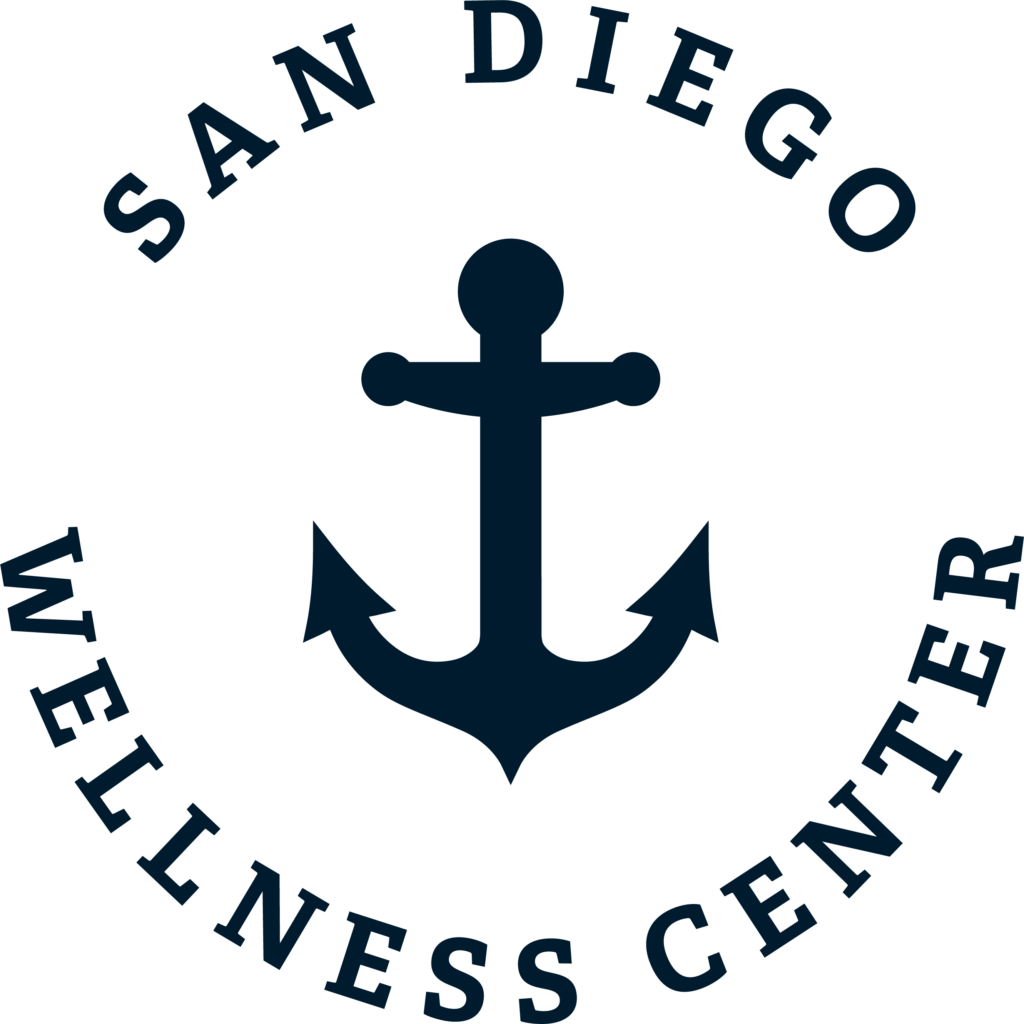Key Takeaways:
- The first week of residential treatment focuses on detox, therapy, and structure, providing a safe foundation for long-term recovery.
- Inpatient rehab creates a supportive environment where clients receive 24/7 care and professional guidance during the first critical days of treatment.
- Peer support, therapy, and wellness activities in the first week of residential treatment help clients adjust, build confidence, and feel supported.
Entering residential treatment often brings mixed emotions. It’s normal to feel uneasy about being away from home. You may be curious about what the first few days will involve, or relieved to finally take action. The first week is not about getting everything right but about adjusting. It’s a time to settle into a new routine where structure and support replace uncertainty. While every program has its own approach, most follow a similar flow that helps ease people into the process. At San Diego Wellness Center, the goal during this first week is to create a safe, steady environment where you can start working with professionals, connect with peers, and focus on beginning recovery.
Admission and Orientation
The first stage of residential treatment begins with admission. This process may include paperwork, health evaluations, and discussions with clinical staff. While it may sound formal, it is handled with care to help you feel comfortable.
The Admission Process
During this stage, staff members collect information about your health history, substance use patterns, and personal goals. A medical exam may also be completed to check for immediate needs. This helps professionals decide whether detox is necessary and what level of care will best support you.
Orientation to the Program
Once initial evaluations are complete, you are introduced to the facility. Staff may walk you through living spaces, therapy rooms, and common areas. They also explain guidelines, routines, and what you can expect in the days ahead.
The purpose of admission and orientation is not only to gather information but also to reduce anxiety. By the end of this step, you will have a clearer sense of what residential treatment looks like and how it can support you.
Detox and Physical Stabilization
For many people, the first part of residential treatment includes medical detox. Detox is the process of safely clearing substances from the body. Attempting to detox alone can be risky, but in residential treatment, medical professionals provide monitoring and support to keep you safe.
What Detox May Feel Like
The experience of detox varies from person to person. Some people experience mild discomfort such as headaches, restlessness, or fatigue. Others may face stronger withdrawal symptoms that require medical attention. The important thing to know is that you will not face this stage alone.
Staff members check on you regularly, provide comfort measures, and may use medication when appropriate to ease withdrawal. Hydration, nutrition, and rest are prioritized so that your body begins to regain stability.
Moving Beyond Detox
Detox typically lasts only part of the first week. Once your body is stabilized, you are ready to participate more fully in therapy and the structured schedule of residential treatment. Many people describe this transition as the moment when they begin to feel clearer, stronger, and more prepared for the emotional work ahead.
Establishing a Structured Daily Rhythm
One of the most important parts of residential treatment is structure. Addiction often thrives in environments without order, where daily habits are unpredictable. The first week of inpatient rehab introduces you to a new rhythm that balances therapy, self-care, and rest.
To give you an idea of how the days may feel, here is a general breakdown of the kinds of activities you can expect:
Typical Components of a First Week in Residential Treatment
| Part of Day | Common Activities | Purpose |
| Morning | Light movement, reflection, breakfast | Begin the day with focus, nutrition, and calm |
| Midday | Group therapy, educational sessions | Build connection, share experiences, and learn recovery skills |
| Afternoon | Individual counseling, wellness activities | Address personal challenges and practice stress relief |
| Evening | Support groups, community discussions | Strengthen connection and process the day |
| Night | Personal reflection, journaling, rest | Recharge physically and mentally for the next day |
This rhythm may vary slightly between centers, but the purpose is the same: to help you create balance and restore healthy routines.
Therapy and Emotional Healing in the First Week
Therapy is a central part of residential treatment, and it often begins within the first week. While detox addresses the physical side of addiction, therapy focuses on the emotional and psychological factors.
Individual Counseling
In private sessions, you work with a therapist to talk through personal struggles. These sessions may include discussions about mental health, trauma, or behaviors tied to substance use. Having a safe, confidential space helps build trust and allows you to process emotions without judgment.
Group Therapy
Group therapy provides a different but equally important kind of support. By sharing your experiences with others and hearing their perspectives, you begin to see that you are not alone. The sense of community built in these sessions often becomes one of the strongest motivators to keep moving forward.
Family Support
Some treatment centers include family therapy or contact with loved ones early in the process. Addiction affects not only the individual but also the people closest to them. Involving family can create a stronger network of support for recovery both during and after treatment.
By the end of the first week, you may notice a shift. Talking about your struggles becomes less intimidating, and the connections formed through therapy begin to strengthen your confidence.
Building Connection and Community
Another defining part of the first week is the sense of community you begin to build. Addiction can feel isolating, but residential treatment reminds you that recovery is not something you face alone.
Peer Support
Spending time with others who are also beginning recovery can feel comforting. Conversations during meals, activities, or therapy sessions help build trust. These connections often become sources of encouragement and accountability.
Professional Support
Staff members also play a key role in this community. From therapists to nurses to support staff, each person you meet is there to guide you. Their presence creates a safety net that helps you feel less overwhelmed during the first week.
This combination of peer and professional support becomes a cornerstone of treatment. Many people look back on their first week and realize it was the moment they began to feel truly connected again.
Looking Beyond the First Week
The first week of residential treatment is about adjustment, stabilization, and early progress. Once you have made it through this initial stage, the focus often expands.
Therapy sessions become more in-depth. You may begin developing relapse prevention strategies and practicing coping skills for stress and cravings. Holistic activities may continue to broaden, giving you a variety of tools to support recovery. Plans for aftercare may also take shape, ensuring you have support once you complete residential treatment.
The first week is not the end but the beginning. It sets the tone for what comes next and gives you the stability needed to keep building.
Start Treatment at San Diego Wellness Center Today
The first week of residential treatment provides the foundation for lasting recovery. Through detox, therapy, structure, and support, you begin to replace old patterns with healthier ones. Each day in this first stage moves you closer to stability and healing.
At San Diego Wellness Center, we are committed to making this first week as safe, supportive, and meaningful as possible. If you are ready to begin, reach out today. Our team is here to answer your questions and help guide you toward a healthier future.
FAQ’s
1. What happens in residential treatment during the first week?
Most first weeks include admission, detox, therapy, and adjustment to a structured daily routine.
2. When is residential treatment necessary?
Residential treatment is necessary when outpatient care is not enough or when 24/7 supervision and medical support are required.
3. How long does detox last in inpatient rehab?
Detox can last several days to about a week, depending on your health and the substances involved.
4. Will I have therapy in the first week of treatment?
Yes. Therapy usually begins early in the process, both in group and individual settings.
5. Can families be involved during residential treatment?
Many programs encourage family participation through therapy or scheduled visits, helping strengthen support systems.


